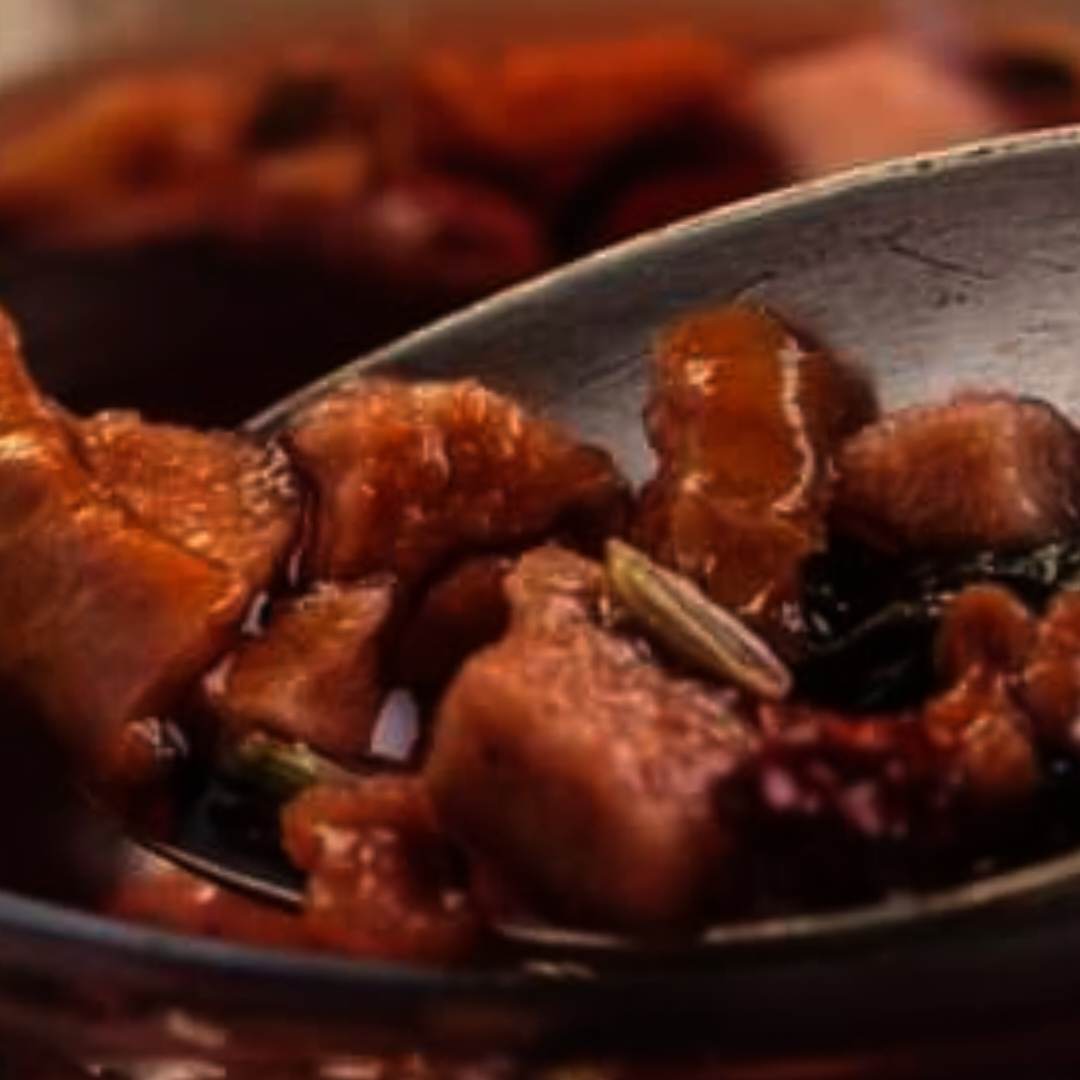Uncover the powerful effects of hibiscus tea, a remarkable beverage that not only delights the senses with its vibrant color and tangy flavor but also offers significant health benefits. Drinking just one cup of hibiscus tea daily can support cardiovascular health in a way that might seem almost unbelievable. Let’s explore how this delightful drink can help dissolve blood clots and boost your heart health.
Why Hibiscus Tea? Hibiscus tea is made from the dried parts of the hibiscus plant, particularly its flowers. It’s rich in vitamin C, minerals, and antioxidants, including anthocyanins, which are known for their anti-inflammatory, cholesterol-lowering, and overall cardiovascular health benefits.
Benefits for Blood Clots and Cardiovascular Health:
- Blood Pressure Management: Hibiscus has been shown in various studies to help lower blood pressure, a key factor in preventing heart conditions and reducing the risk of blood clots.
- Cholesterol Reduction: The bioactive compounds in hibiscus can help reduce levels of LDL (bad) cholesterol and increase HDL (good) cholesterol, fostering a healthier blood lipid profile.
- Antioxidant Properties: Hibiscus tea is loaded with antioxidants that help combat oxidative stress and inflammation in the body, conditions that can lead to blood clot formation.
How to Prepare Hibiscus Tea:
Ingredients:
- Dried hibiscus flowers (1-2 tablespoons) or 1 hibiscus tea bag
- 1 cup of boiling water
Instructions:
- Steep the Hibiscus: Place the dried hibiscus flowers or a tea bag in a cup.
- Pour Boiling Water: Add boiling water to the cup, covering the hibiscus.
- Let It Infuse: Allow the tea to steep for about 5-10 minutes, depending on how strong you like your tea. The longer it steeps, the richer the color and flavor.
- Strain and Enjoy: Remove the flowers or tea bag, and if desired, you can sweeten the tea with a little honey or enjoy it as is for a tart flavor.
Recommended Daily Intake: Enjoy one cup of hibiscus tea daily. It’s best consumed between meals to maximize absorption of its nutrients without interfering with iron absorption from your food.
Precautions: While hibiscus tea is safe for most people, it can affect estrogen levels, so it’s advisable for pregnant or breastfeeding women to consult their healthcare provider before starting. Additionally, because of its effect on blood pressure, individuals taking hypertension medication should also speak with a doctor to avoid potential hypotension.
Final Thoughts: Hibiscus tea offers a simple, tasty way to potentially enhance cardiovascular health and prevent the complications associated with blood clots. With its deep red color and refreshing taste, hibiscus tea not only improves your health but also provides a delightful experience. Give it a try and witness the possible benefits yourself!
